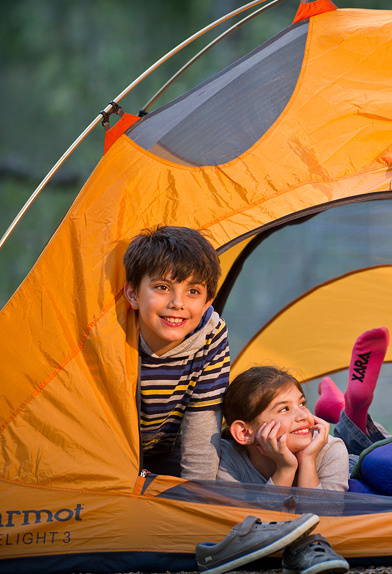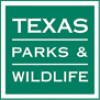We want to connect you with resources in your region that will help you and your family Play, Explore and Learn in nature. This page has useful links to things like curriculum, training opportunities, and tangible resources like gear or equipment. These resources come from our partners and are not an endorsement by TCiN or Nature Rocks Texas, but simply meant to be helpful to families.
Texas Wildlife Association offers on-demand webinars about wildlife and conservation. You can view these as an individual or use them in the classroom or in a home school setting.

Project WILD is "Wildlife in Learning Design," a Kindergarten - 12th grade environmental and conservation education program emphasizing awareness, appreciation and understanding of wildlife and natural resources. It can be used by classroom teachers, environmental educators, park and nature center personnel, and youth group leaders. It is interdisciplinary and supplementary and can be used to teach basic skills in science, social studies, language arts, math, art, music and physical education. More information at Texas Parks and Wildlife Department.

The NOAA Office of Ocean Exploration and Research provides a variety of learning and teaching tools designed to engage broad audiences and enhance America’s environmental literacy through the excitement of ocean discovery. In this Educational Materials section, you will find links to hundreds of lesson plans written by teachers for teachers, lessons built around specific ocean exploration expeditions across the globe.

National Wildlife Federation has over 1,000 lesson plans designed to introduce students to life science, ecology, wildlife biology, scientific identification and observation. All lesson plans are aligned to the National Science Education Standards.

Your child can become a junior ranger and even check out an Explore Pack at most state parks. Find out how your child can become a junior ranger and start exploring at a state park near you.

Does your family enjoy spending time outside, but sometimes wish you had other families to explore with? A Family Nature Club is a great way for families to come together to plan outings, learn from each other and even enjoy greater adventures like camping or backpacking. Discover how you can start your own, volunteer lead club and use Nature Rocks Texas to connect with the events, parks, zoos and nature centers in your community.

Have you ever wanted to take your entire class on a campout, but lacked the time or budget to do so? The Texas Children in Nature network and Texas Parks and Wildlife Department have put together a step-by-step guide to help you plan and execute a campus campout.

The Botanicial Research Institute of Texas's programs may be suspended, but the learning never stops! The GROW Education Team is committed to providing engaging, educational content to our community. Starting March 24th, we will be posting videos and information on BRIT's and the Fort Worth Botanic Garden's Facebook pages every Tuesday and Thursday. There will also be online Zoom classes for Adult Education. Y'all stay safe!
Facebook Link: https://www.facebook.com/BRITorg/

We’re in this together.
The children and nature movement works to connect kids and families around the world to the benefits of nature. We do this in cities, schools, within families, and through advancing policies and programs that get more kids outside, more often. We’ll need to do this work differently while we navigate the COVID-19 pandemic.
With each passing day of this crisis, it becomes more clear that too many children lack equitable access to nature. No single organization or expert has all of the answers right now. But together, we can find ways to keep children, especially the most vulnerable, both physically and mentally healthy. We'll need new and creative strategies for connecting to the natural world — even if some of those ways are indoors.
Each week, we’ll be posting new resources from incredible partners, tips, tools, blogs and webinars, along with the best and brightest ideas from the field. Please consider this your virtual gathering place and a platform for sharing and connecting with your peers.
In the words of our co-founder, Richard Louv: “Onward!”

52 Things to Do Outside Before You Grow Up helps children and families find ideas and inspiration for getting outside!






